On 16 June 2025, Assam Chief Minister Himanta Biswa Sarma initiated a security crackdown on anti-national and communal forces to bring about peace in the sensitive cultural state where both linguistic and cultural identity are deeply entrenched. Focus The operation, with its epicentre at Dhubri and spread over Assam, was in response to a spate of provocation that led to unrest and a challenge to the state’s stability.
The campaign was launched from Dhubri, a district on the Bangladesh border, following reports of seditious graffiti on public spaces and an incident on Eid in which the meat of a cow was thrown near a Hanuman temple. In Dibrugarh on June 15, Sarma called these incidents to be part of a conspiracy reportedly hatched outside the country. He directed deployment of companies of Rapid Action Force (RAF) and CRPF, issued instructions on shoot-at-sight at night, and adopted a tough line against those targeting religious sites such as temples or Naamghars. Until June 19, 38 arrested in Dhubri case, 94 held across state since April for ‘proPakistan, sectarian’ posts OFFICIALS said one accused in Nalbari had used multiple SIM cards to spread fake news on the Covid situation.
In Lakhipur, Goalpara, five men (Bodir Ali, Hazarat Ali, Tara Mia, Shajamal Mia and Jahangir Alom) were arrested for allegedly throwing beef near a temple after Eid, an act Sarma said was done purposefully to foment communal tension. On X, he promised to “eradicate divisive forces in Dhubri” and announced using own funds for purification of the sacrilegious temple. He linked these to wider anti-national activities, citing posters handed out by a group titled Nobin Bangla demanding Dhubri’s merger with Bangladesh, a demand echoing a post-1947 separatist wave, he claimed.
Sarma’s response is motivated by the “why” of Assam’s complex history of volatile ethno-religious relations. Its close proximity to Bangladesh and a mixed population make it a potential flashpoint for violence that can also quickly spiral out of control. Potential threat following the April 2025 Pahalgam terror attack made security agencies more vigilant leading to increased surveillance of online and offline activities. Sarma’s government believes these are planned efforts to break Assam’s social harmony, especially in areas of cultural significance such as Dhubri. Those making anti-India statements are being booked under NSA-which the government hoping to prevent provocations to keep the unity intact.
The crackdown has ignited a debate. Critics, even among the INDIA bloc, say Sarma’s language risks alienating communities after speeches like the one he gave in Jharkhand in 2024, in which Sarma was accused of targeting religious minorities, in his mission to mobilize around Hindutva. Sarma, however, casts his actions as a defence of Assam’s culture and its national identity, and has made clear that peace is not up for negotiation. His “X” posts are a continuing campaign, with zero tolerance for those jeopardising the state’s peace.
Early this morning, as Assam deals with this unrest, Sarma’s methods mark the trials of running a border state, susceptible to external and internal pressure. The crackdown may be contentious, but it highlights the need for security as well as stability in a region where every act is imbued with history.

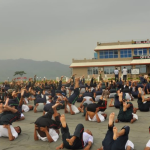
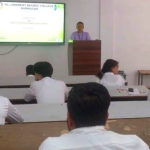
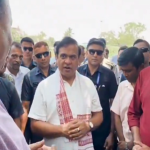


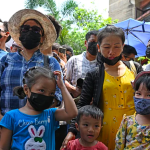
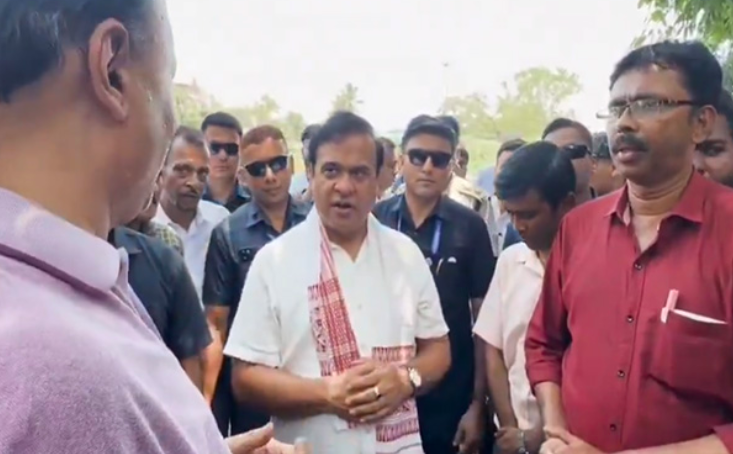
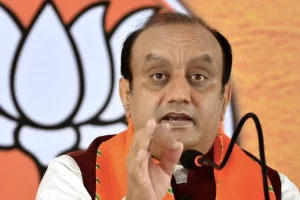
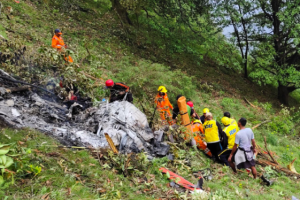

Add Comment